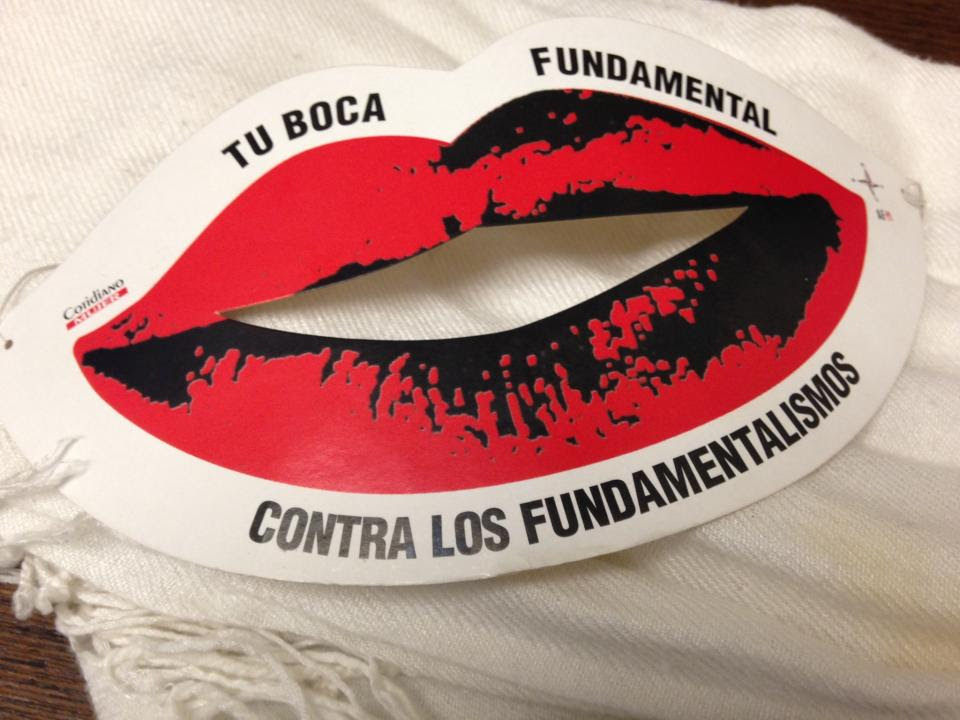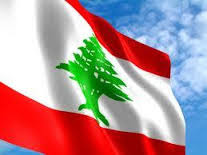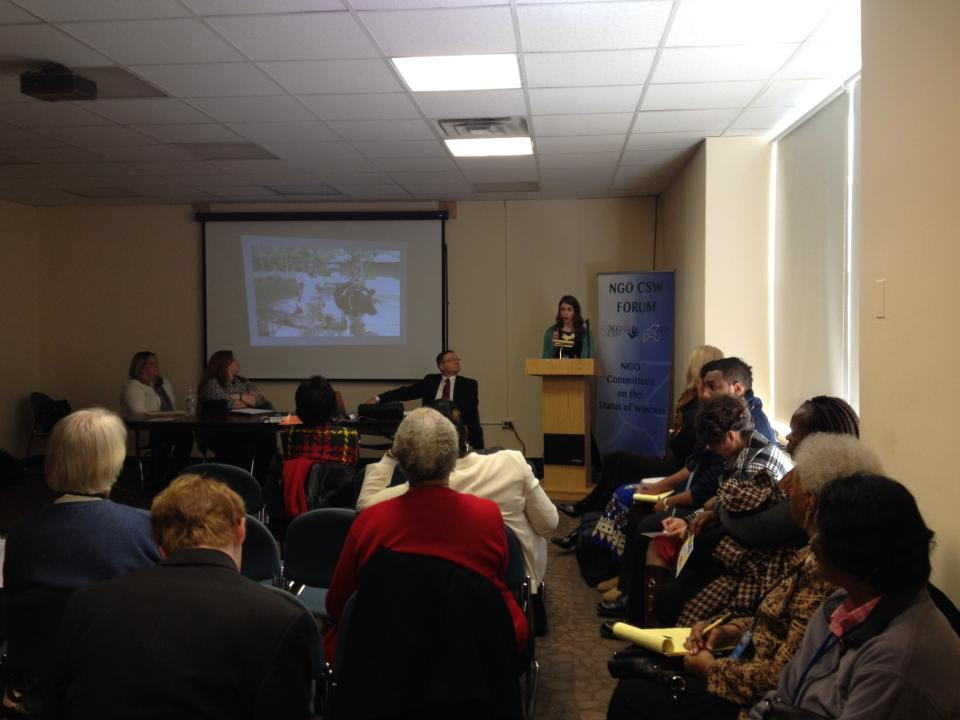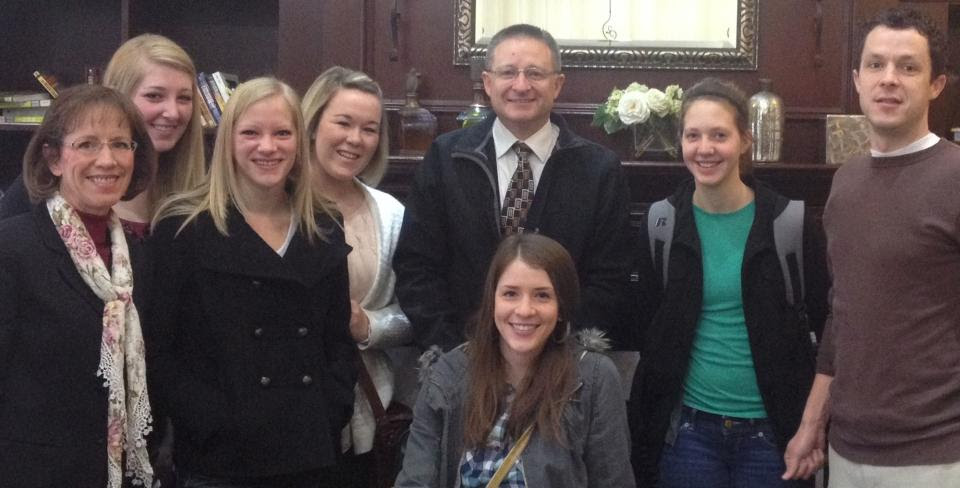March 27, 2014
The United Nations process provides a startling contrast to anyone familiar with the legislative process at the state or federal level. There are no elected officials or constituents, there is no constitution, little accountability, and everyone seems to be doing whatever they want. One of our UFI team members calls it “institutionalized chaos.”
Yet the documents that come out of that “institutionalized chaos” have a great influence on the laws, policies, and cultural attitudes of countries around the world. That is why we had a UFI team on the ground at the United Nations over the past two weeks, during the Commission on the Status of Women (CSW) conference.
Soon after arriving in New York, we sponsored a UN training meeting for young adult students from Patrick Henry College in Virginia and students and faculty from BYU-Idaho–some of the best and brightest voices for natural marriage and family, the sanctity of life, and parental rights.

What did they want?
They wanted “sexual orientation & gender identity” (SOGI), and “various forms of the family” to be included in the CSW documents. They also wanted to include language such as “comprehensive sexuality education,” (a radical form of sex education which promotes abortion, homosexual behavior, “sexual pleasure” as a right) and “sexual and reproductive health rights and services” (which many agree includes abortion).

In addition, the process itself seemed quite lawless. Rules were ignored for some countries, but enforced for other countries.On the last two nights the negotiations went until 3 and 4 a.m. and the large groups of radical feminist and LGBT activists were allowed to erupt in heckling and jeering against pro-life/pro-family voices. When all was said and done, the so-called “agreed conclusions” were not that agreed upon after all. A large percentage of the countries were unhappy with the documents, many gave statements and reservations to that effect, and the sponsors of the HIV resolution attempted to withdraw that resolution.

• Algeria: “Can I keep this Negotiating Guide? It will be my Bible!”
• Lebanon: “These are rich resources. We have Muslims and Christians in our country, and we want to have a way to defend our arguments without referring to religion. The Issues Guides are just what we were looking for!”
• Benin: “This is very helpful information. Families are very important to us, we believe we are connected to our fathers and our grandfathers before them.”
• Papua New Guinea: “We appreciate your support. If you empower a family, you empower the community. That empowers the state, and then the nation. We can go to these large conferences at the UN or other places, but in the end, we must come back to the family. That is the only way we will accomplish anything in the end.”
Powerful Presentations

• Nigeria: “That was brilliant. We’ve been trying to solve our problems in many different ways, can the solution be as simple as strengthening our families? We really need to educate our people about this.”
• Philippines: “This is just what my country needs! If you’re going to talk about politics, you have to talk about the family, and this was the first presentation that really addressed that.”
• Canada: “You stated your points so clearly and boldly, and we want to use them in our work. We loved your message, and we can’t believe you were actually able to say all that here at the United Nations!”
• Kenya: “This was so refreshing! The message about fathers engaging with their daughters really matters for women’s issues.”
We are “Familyists”

We are grateful and encouraged that our UFI “Familyist” message resonated with many people from many across the world.
We are also grateful for your financial support. We are giving our best, but we are all in this together, and we cannot do it without you! As one of the pro-family coalition members explained, “Some donations come in the form of checks, and others come in the form of prayers. In our work, we need them both.” We agree.
Faithfully,
Laura Bunker
President, United Families International

